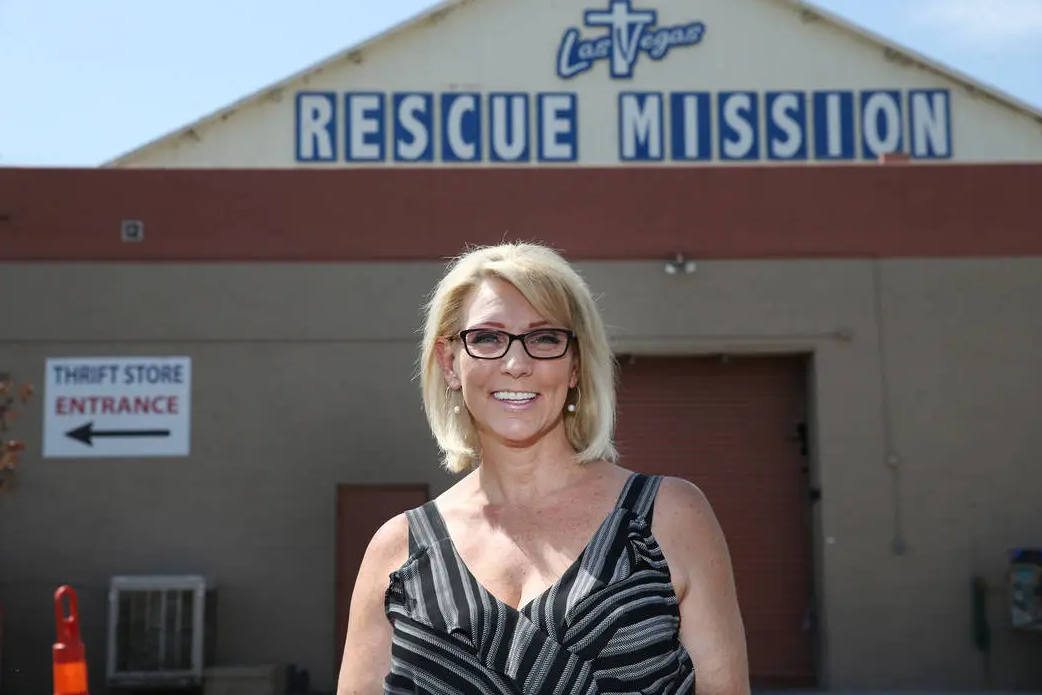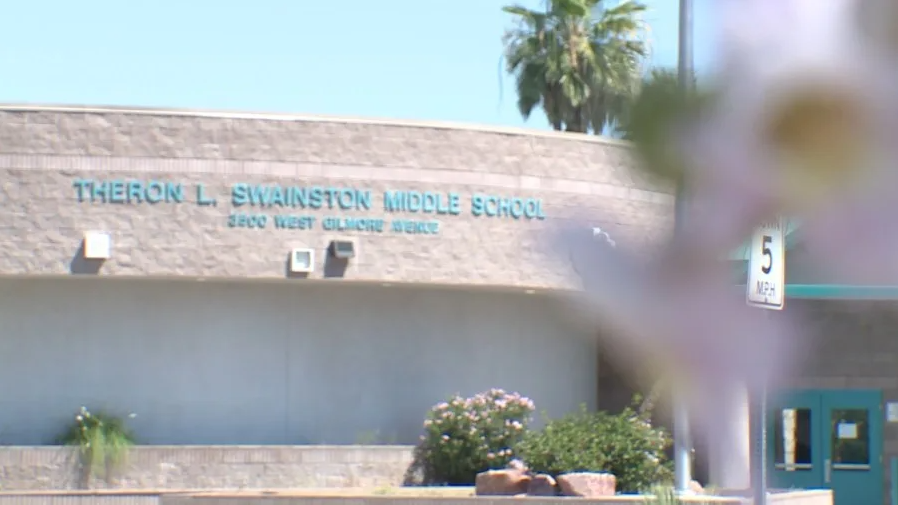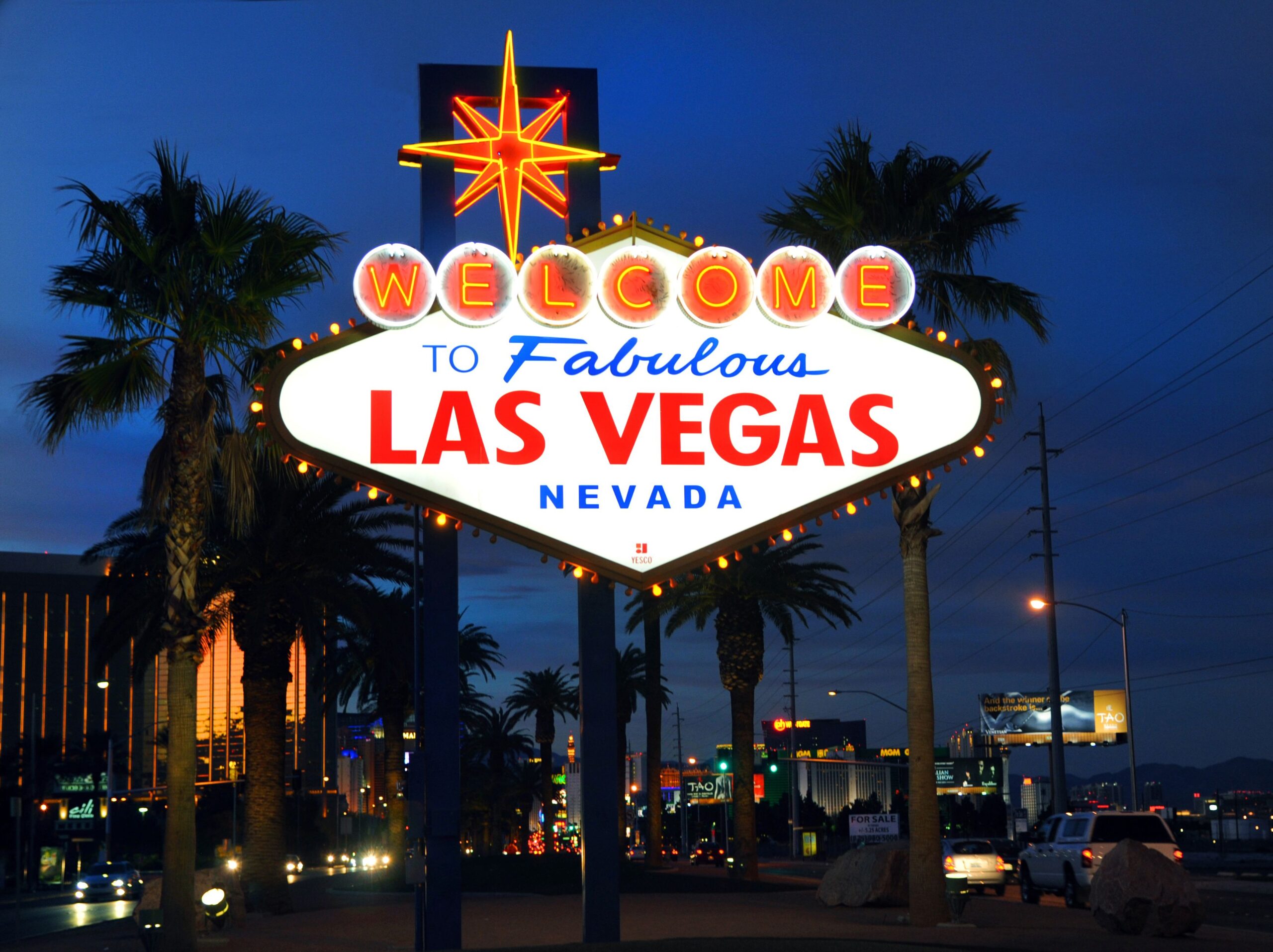Family files wrongful death lawsuit after Las Vegas tourist dies from heat on Grand Canyon tour

Las Vegas – A family vacation to the Grand Canyon turned tragic when extreme heat claimed the life of a 66-year-old Pennsylvania man trapped inside a malfunctioning tour bus, prompting a wrongful death lawsuit filed in Clark County District Court against multiple Las Vegas-based transportation companies.
Tragic incident details
Jeffery Volkar, a retired bricklayer from Pennsylvania and longtime union member, died from heat stress while traveling to the Grand Canyon with family members in 2023. According to court documents, Volkar was among 38 passengers trapped for more than three hours inside a tour bus with non-functioning air conditioning and poor ventilation.
The lawsuit alleges that passengers endured “intolerable conditions” with no access to shade or relief while the vehicle remained broken down in desert heat. Court filings indicate Volkar died of hyperthermia, or abnormally high body temperature, according to an investigation by the Arizona Department of Health Services.
The Pennsylvania native, described in his obituary as someone who enjoyed “hunting, fishing, and watching his favorite Westerns,” had been traveling with his wife, two daughters, son-in-law, and grandson on what was intended to be a family bonding experience.
Legal claims against tour operators
The wrongful death lawsuit targets Canyon Tours, Gray Line Las Vegas, American Transportation Systems, and an unnamed bus driver, alleging multiple failures in safety protocols and emergency response procedures. Legal representatives from Shook and Stone law firm are seeking unspecified damages on behalf of Volkar’s survivors.
Court documents claim the defendants failed to properly inspect the vehicle before departure, delayed dispatching replacement transportation, and provided inadequate instructions for passengers dealing with extreme heat conditions. The lawsuit further alleges that tour leaders lacked both contingency plans and proper training for heat-related medical emergencies.
The case highlights potential gaps in safety oversight for the numerous tour companies operating between Las Vegas and popular regional destinations like the Grand Canyon, Hoover Dam, and other desert attractions that draw millions of visitors annually.
Broader pattern of heat-related legal action
Volkar’s case represents one of three recent wrongful death lawsuits filed in Southern Nevada involving alleged negligence that resulted in heat-related fatalities. The legal trend reflects growing concerns about institutional responsibility during Nevada’s increasingly dangerous summer heat.
A separate lawsuit involves allegations that a Las Vegas hospital improperly discharged a woman experiencing alcohol withdrawal symptoms, leading to her death from environmental heat stress in a hospital parking lot. Another case targets the Southern Nevada Regional Housing Authority for allegedly failing to repair an elderly resident’s air conditioning system.
These legal actions coincide with rising heat-related mortality throughout the region, creating potential precedents for institutional liability during extreme weather events.
Escalating regional heat crisis
Southern Nevada has experienced dramatic increases in heat-related deaths, with Clark County recording 527 heat-related fatalities in 2024 compared to 309 in 2023, according to the coroner’s office. Three additional heat-related deaths have already occurred in the Las Vegas area during the early months of 2025.
The statistics reflect broader regional trends, with Arizona reporting 990 heat-related deaths in 2023, including 660 cases where extreme heat was identified as the primary cause. Public health experts emphasize that heat-related deaths are generally undercounted nationwide, suggesting the actual toll may be significantly higher.
Climate change continues intensifying desert temperatures throughout the Southwest, with Las Vegas experiencing record-breaking heat that makes such incidents increasingly likely. The National Weather Service reported that Las Vegas reached 120 degrees in 2024 and experienced over 100 consecutive days of temperatures exceeding 100 degrees.
Tourism industry implications
The lawsuit raises questions about safety protocols within Las Vegas’s massive tourism transportation sector, which moves millions of visitors annually to regional attractions. Tour operators face increasing challenges balancing customer expectations with safety requirements during extreme weather conditions.
Grand Canyon tours represent a significant portion of Las Vegas tourism, with visitors often unaware of desert heat dangers during travel between air-conditioned environments. The incident highlights vulnerabilities in tourist safety systems that may require enhanced regulatory oversight and emergency response capabilities.
Arizona’s closed records laws prevent independent verification of Volkar’s specific cause of death, though the lawsuit references official health department investigations. This legal opacity complicates efforts to understand heat-related incidents and develop appropriate prevention strategies.
Legal and regulatory landscape
The defendants named in Volkar’s lawsuit had not filed responses to the initial complaint as of recent court filings, leaving their legal strategies unclear. The case may establish important precedents for tour operator liability during extreme weather events.
Current federal transportation regulations govern commercial bus operations, but heat-specific safety protocols may require enhancement as climate change increases desert dangers. The lawsuit could prompt regulatory agencies to examine existing standards for passenger safety during extreme weather conditions.
Legal experts suggest that establishing liability in heat-related cases often requires demonstrating specific failures in duty of care, emergency preparedness, or reasonable response to dangerous conditions. The Volkar case appears to focus on alleged deficiencies across multiple aspects of tour operator responsibilities.
Public health perspectives
Heat-related deaths disproportionately affect vulnerable populations, including elderly individuals, people with medical conditions, and those without access to adequate cooling. Volkar’s case illustrates how tourists may face unexpected risks when traveling through unfamiliar environments during extreme weather.
Public health officials emphasize that heat-related illness is largely preventable through proper preparation, hydration, and recognition of warning signs. However, prevention becomes complicated when individuals depend on commercial operators for safety during travel through dangerous conditions.
The Clark County coroner’s office continues investigating heat-related deaths from 2024, with final determinations often taking months to complete. These investigations help identify patterns and contributing factors that inform prevention strategies.
Community impact and response
Volkar’s death resonates within communities grappling with increasing heat dangers across the Southwest. His background as a union tradesman who worked outdoors highlights how even individuals accustomed to hot conditions can succumb to extreme circumstances.
The lawsuit’s emphasis on family impact underscores how heat-related deaths affect multiple generations, as Volkar was traveling with children and grandchildren who witnessed the tragedy. These psychological impacts extend beyond immediate legal considerations to long-term family trauma.
Community advocates argue that heat-related deaths reveal systemic failures in protecting vulnerable populations during extreme weather events. They call for enhanced safety regulations, improved emergency response protocols, and greater public awareness of heat dangers.
Looking forward
As climate change continues intensifying Southwest heat, cases like Volkar’s may become increasingly common unless significant improvements occur in safety protocols and emergency response capabilities. The lawsuit could catalyze broader discussions about institutional responsibilities during extreme weather events.
The tourism industry faces growing pressure to balance visitor experiences with safety requirements as desert conditions become more dangerous. Tour operators may need enhanced training, improved equipment standards, and more robust emergency procedures to protect passengers during extreme heat.
Legal outcomes in heat-related wrongful death cases could establish important precedents for institutional liability, potentially influencing how companies prepare for and respond to extreme weather emergencies. The Volkar case represents an early test of these evolving legal standards.
Image Source: https://www.istockphoto.com/ro/search/2/image-film?phrase=courtroom+judge
Category: Local News
Subcategory: Public Safety
Date: 06/30/2025




